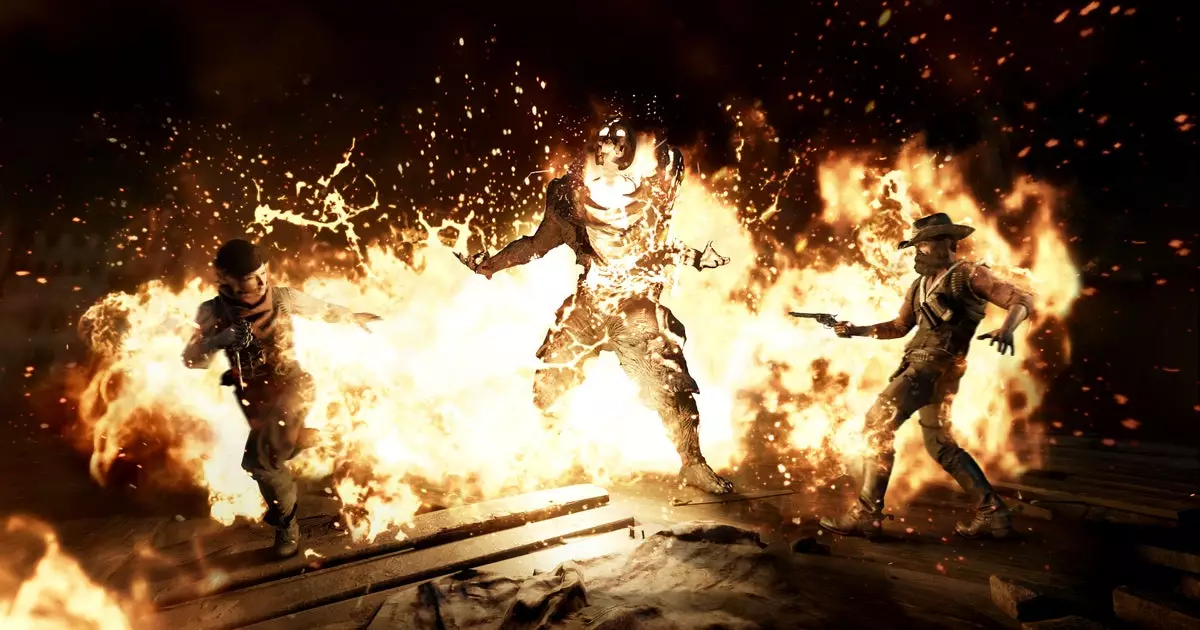The gaming industry is facing significant turbulence, as evidenced by recent moves from notable companies like Crytek. This developer, known for titles such as Hunt: Showdown and the Crysis series, has made the difficult decision to reduce its workforce by about 15%, impacting 60 out of approximately 400 employees. This strategic shift reflects broader industry challenges and raises questions about the sustainability of video game development amid changing market dynamics.
The announcement from Crytek indicates a pressing need for financial sustainability. The firm’s statement highlights that the layoffs come as a response to “complex, unfavourable market dynamics” that have plagued the industry for several years. While this vague phrasing can be interpreted in multiple ways, it seems to encapsulate various factors like a saturated market, rapidly evolving technology, and changing consumer preferences that many developers have to navigate today.
With a pause on the development of Crysis 4 since last year, Crytek redirected many of its staff toward revamping Hunt: Showdown into a live service model labeled Hunt: Showdown 1896. The fact that the company has paused one of its flagship franchises is telling of the pressures that weigh heavily on the business, likely stemming from financial forecasts that did not align with the expansive vision the company might have once harbored.
But what are these “complex, unfavourable market dynamics”? Some industry analysts suggest a mixture of over-ambition and a lack of responsiveness to market realities. Just a few years ago, many studios were aggressively extending their pipelines and ramping up production, buoyed by expectations of a post-pandemic gaming boom. However, not all games have seen the anticipated success, and consumer sentiment can shift rapidly. Compounded by economic factors such as rising interest rates and widespread cost-of-living increases, developers like Crytek find themselves grappling with budget constraints and dwindling revenues.
The recent focus on live services, such as Hunt: Showdown 1896, is seen by many as a double-edged sword. While it can create ongoing revenue streams, it requires consistent player engagement and content updates—a nebulous promise that doesn’t always translate into financial success. For Crytek, the pressure to pivot may indicate they are trying to adapt to survival rather than executing a clear, forward-thinking strategy.
Such workforce reductions not only affect morale within the company but also signal to the rest of the industry an uncertain future. Previous experiences with layoffs at Crytek, along with the firm’s checkered history with transparency, contribute to a general climate of wariness within the gaming community. For the employees affected, the situation is particularly challenging, though the company has pledged to provide severance packages and career assistance services.
The layoffs also bring up important conversations regarding job security in the gaming industry. As studios continue to implement austerity measures, the question looms of how this affects creativity, innovation, and the overall quality of game development.
Looking toward the future, one must wonder what the long-term implications are for both Crytek and the gaming industry as a whole. The continued success of Hunt: Showdown 1896 will be closely monitored; its performance could either provide relief or justify the company’s recent cutbacks. Moreover, the stalled development of Crysis 4 raises concerns about whether the franchise, once a beacon of cutting-edge gaming technology, can regain its footing.
Crytek’s workforce reductions reflect a sobering reality within the gaming industry—navigating market uncertainties often requires difficult choices. While the company hopes for a return to stability, the path ahead remains fraught with challenges, not just for Crytek but for many in the ever-evolving landscape of video game development. Acknowledging these shifts may be crucial in understanding how both developers and players adapt to the new normal in gaming.


Leave a Reply